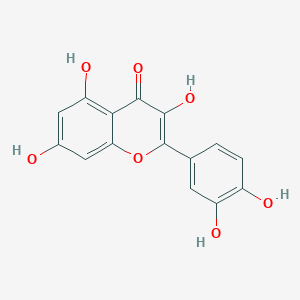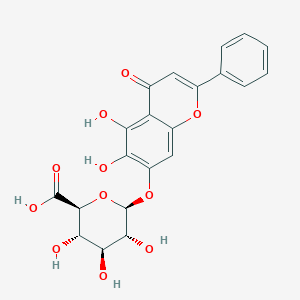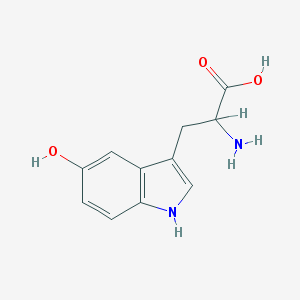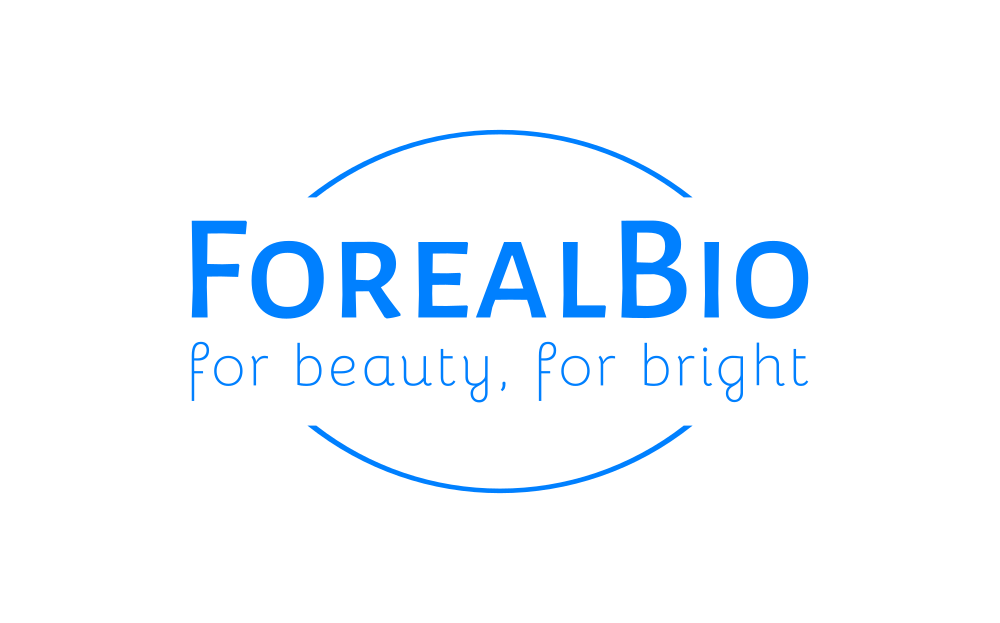Description
Quercetin is a plant flavonol from the flavonoid group of polyphenols that can be found in a variety of fruits, vegetables, leaves, and grains; red onions and kale are two popular foods that contain significant amounts of quercetin. It has a bitter taste and is used in nutritional supplements, beverages, and foods. Quercetin health benefits include the prevention of allergies, the prevention of free radicals, the support of cardiovascular health, the reduction of pain, the increase of stamina, the control of blood pressure, the enhancement of the skin, the prevention of cancerous cells, the prevention of atherosclerosis, the control of stress, and the support of respiratory health.
Benefits of Quercetin
- Antioxidant Properties: Quercetin is renowned for its antioxidant activity, which means it can neutralize free radicals. These are unstable atoms that can cause damage to cells, leading to aging and various diseases.
- Anti-Inflammatory Effects: It has been studied for its potential to reduce inflammation, which is a common factor in many chronic conditions.
- Heart Health: Some research suggests quercetin can help to lower blood pressure in people with hypertension, potentially benefiting heart health.
- Allergy Relief: Quercetin may help in reducing allergic reactions as it is believed to stabilize the cells that release histamine in the body, which are involved in allergic responses.
- Exercise Performance: There is some evidence that quercetin may improve endurance and athletic performance, although more research is needed in this area.
Applications
- Dietary Supplements: Quercetin is widely available as a dietary supplement, often marketed for its antioxidant and anti-inflammatory benefits.
- Functional Foods: It is used in functional foods, where it’s added for its health benefits.
- Cosmetics: In the cosmetic industry, quercetin is utilized for its antioxidant properties, which can benefit skin health.
Main Usage
- Health Supplements: The primary usage of quercetin is in the form of supplements, intended to support overall health and well-being.
- Dietary Inclusion: Incorporating foods rich in quercetin, like apples, onions, and berries, is another common way to utilize this flavonoid.





